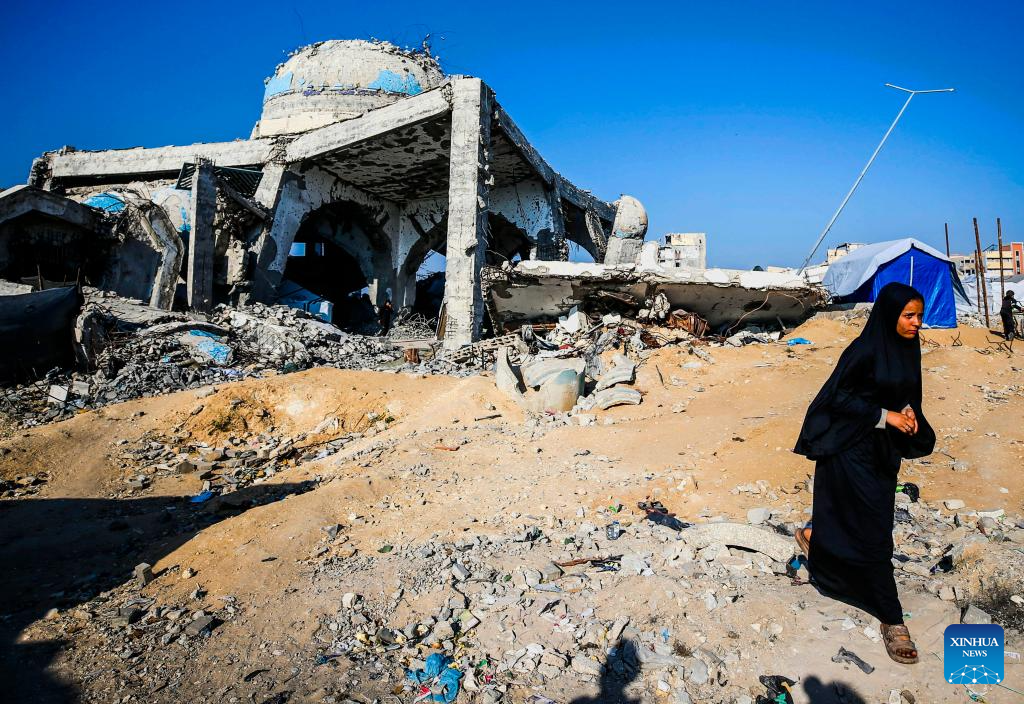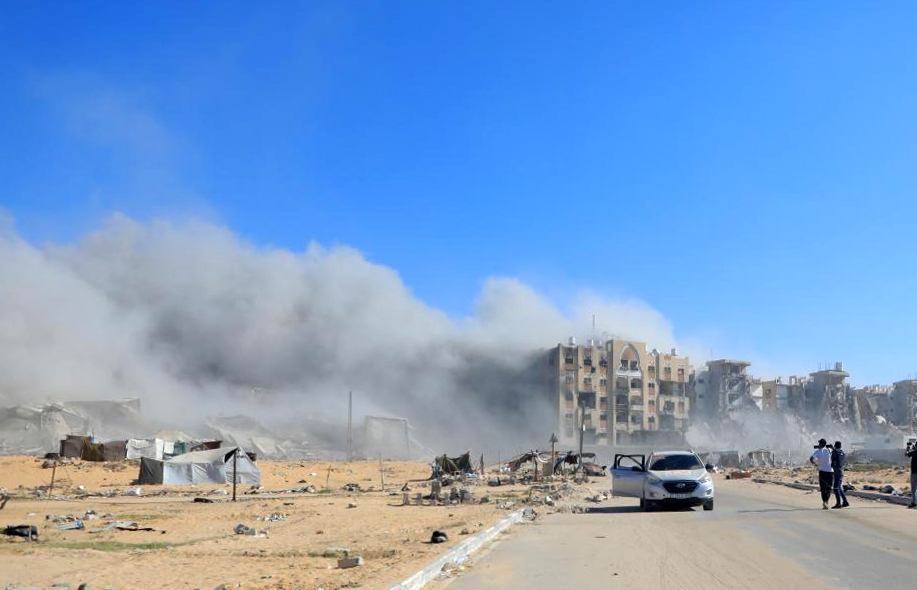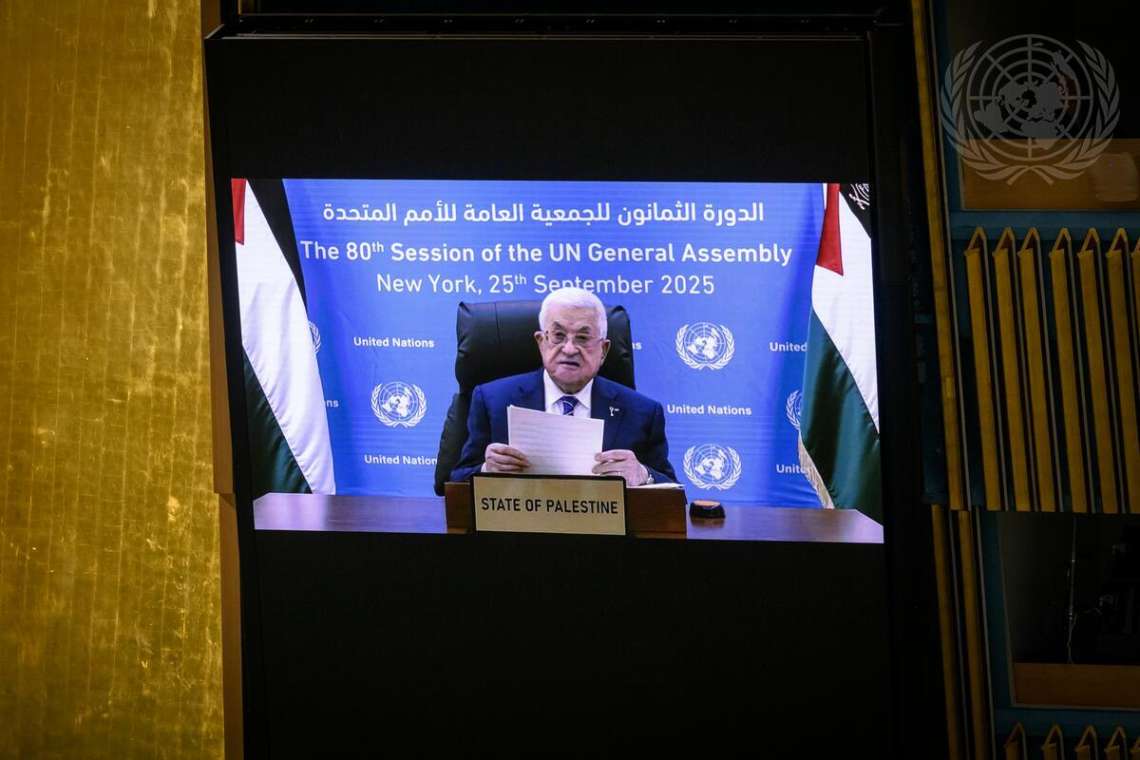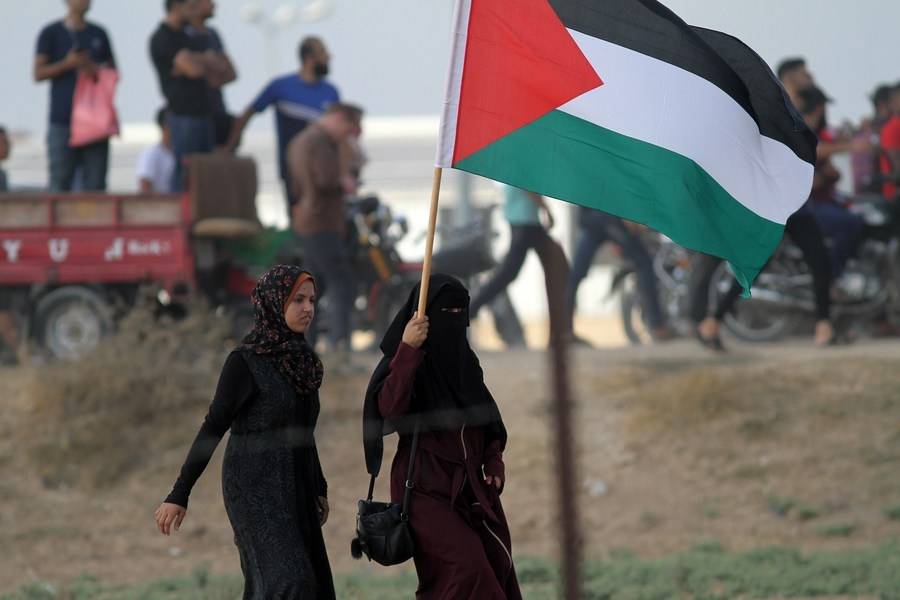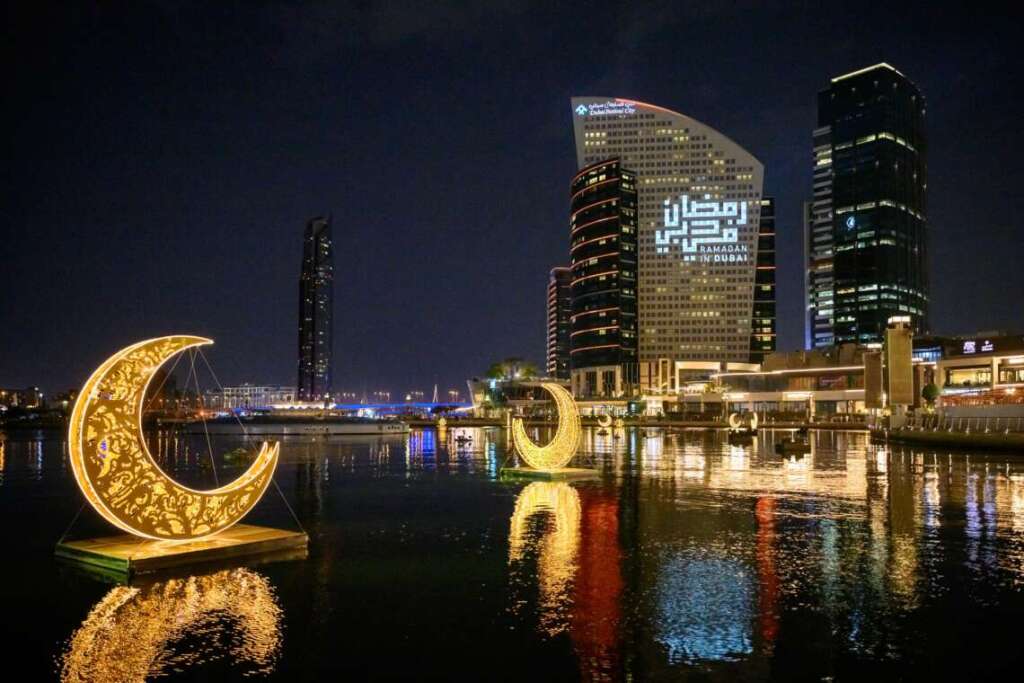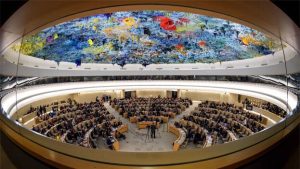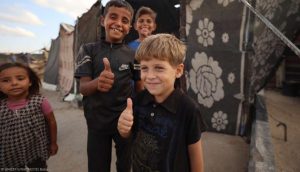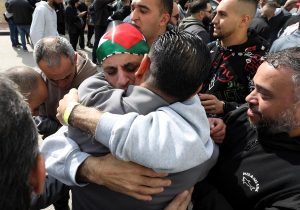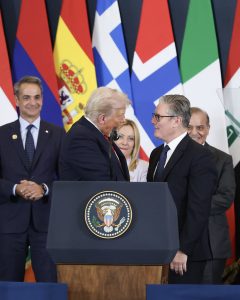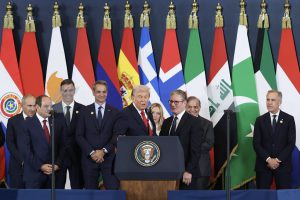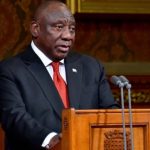The Palestinian Ministry of National Economy: “We remind the entire world that Israel is refusing to allow the entry of basic health and humanitarian needs, especially water, electricity, and food, to the population in the Gaza Strip”
The Palestinian Ministry of National Economy issued an urgent appeal to the United Nations and international community, calling for pressure on the Israeli government to immediately stop using starvation and deprivation as tools of war against the Gaza Strip.
“We remind the entire world that Israel is refusing to allow the entry of basic health and humanitarian needs, especially water, electricity, and food, to the population in the Gaza Strip,” the statement said.
It added, “This day comes at a time of exceptional circumstances that require the international community, with its various bodies, to uphold international laws that guarantee citizens’ right to their basic needs and rights, especially during times of war.”
In a statement released, the Hamas-run Gaza government media office warned of the deteriorating humanitarian situation and the resurgence of famine due to Israel’s continued closure of the crossings into the Strip for the 13th consecutive day.
Since March 2, following the expiration of the first phase of the Israel-Hamas ceasefire agreement, Israel has blocked aid shipments, including food, from entering Gaza.
Hostage Issue
The Hamas movement has stipulated that the release of an Israeli prisoner with U.S. citizenship and the delivery of the bodies of four other hostages is contingent upon the opening of the Rafah Crossing, the entry of aid into the Gaza Strip and an extension of the ceasefire for approximately two months.
The conditions were proposed by a Hamas delegation that arrived in Cairo on Friday for negotiation, an informed Egyptian source confirmed to Xinhua.
The source added that Hamas also required a direct transition to the negotiations of the second phase of the ceasefire agreement, which entails a permanent cessation of hostilities.
The Egyptian side conveyed Hamas’s conditions to the Israeli side and is awaiting a response, the source said.
On Friday, Hamas announced that a negotiating delegation had headed to Cairo to meet with Egyptian officials and follow up on developments in the negotiations and the ceasefire agreement.
A three-phase Gaza ceasefire deal between Israel and Hamas, brokered by Egypt, Qatar, and the United States, took effect on Jan. 19. However, negotiations for the second phase remain stalled after the initial 42-day phase expired on March 1.
Since March 2, following the expiration of the first phase of the Israel-Hamas ceasefire agreement, Israel has blocked aid and food shipments from entering Gaza.
Meanwhile, a senior Palestinian official said that the Palestine Liberation Organization (PLO) Central Council will convene in April to discuss amendments to the Basic Law, including the creation of a vice president position of the organization.
Wasel Abu Yousef, a member of the PLO Executive Committee, told Xinhua that the head of the Palestinian National Council, Rawhi Fattouh, has officially invited Central Council members to meet between April 21 and 26.
“During this session, significant legal amendments are expected to be discussed, most notably the establishment of the vice president position of the organization,” he said.
Abu Yousef added that this initiative follows Palestinian President Mahmoud Abbas’s announcement at the Arab Summit in Cairo earlier this month.
During the summit, Abbas revealed plans to introduce the vice president role and declared his decision to pardon all individuals previously dismissed from the Fatah movement.
In another development, an informed Palestinian source, speaking on condition of anonymity, said that the coming phase may include internal elections to renew the PLO’s membership, as well as the nomination of candidates for the new vice president position.
The PLO Central Council, also known as Palestinian Central Council, serves as an intermediary body between the PLO Executive Committee and the Palestinian National Council, comprising representatives from Palestinian factions, unions, and institutions.
Given its influential role, the upcoming meeting is expected to be pivotal in shaping the next phase of Palestinian politics. ■

